|
It’s enough to put you off your medium-rare porterhouse. People around the world have a 30–50% chance of being infected with the parasite Toxoplasma gondii. Cats are the parasite’s primary host. But when livestock take in the faeces of cats while they’re grazing, well, that’s where the steak comes in.
The parasite causes toxoplasmosis, which can cause damage to the eye and loss of vision. Justine Smith from Flinders University and João M. Furtado from Universidade de São Paulo were among a group of researchers who looked at pictures of eyes from a large sample in Western Australia. They spotted the characteristic signs of toxoplasmosis in 1 in 150 of the retinas pictured, and estimate this rate would apply across the Australian population.
They explain the best ways to prevent toxoplasmosis are cooking meat well, washing fruit and vegetables in treated water, and wearing gloves to change cat litter.
Meanwhile, Scott Morrison and Anthony Albanese went head-to-head last night for the third and final time, in a debate hosted by Channel Seven that was widely commended for being more civil than Nine’s shouty effort a few days ago. Seven’s pub-going panel of undecided voters gave the victory to Albanese; stay tuned for our experts’ verdict later this morning.
At The Conversation, we try to raise up reasoned voices against the clamour of misinformation that so often dominates our news cycle. And it’s our generous, civic-minded readers who help make this possible. If you’ve already given to our 2022 donations campaign, thank you. If you haven’t yet, please let today be the day you give. No gift is too small.
|

|
Lucy Beaumont
Health + Disability Editor
|
|
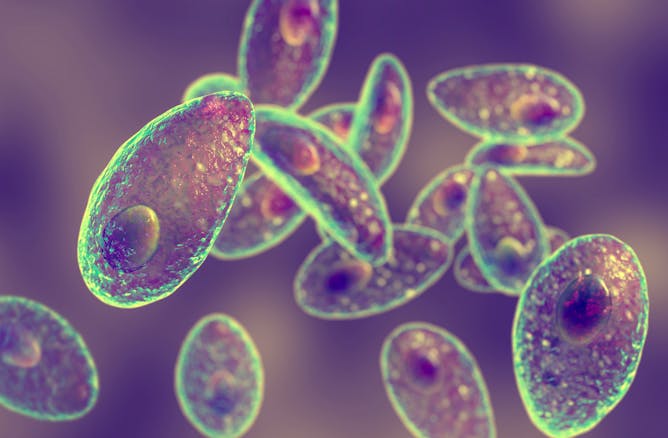
Justine R. Smith, Flinders University; João M. Furtado, Universidade de São Paulo
We looked at eye photos and found one in every 150 Australians might have scarring from a common parasitic disease.
|
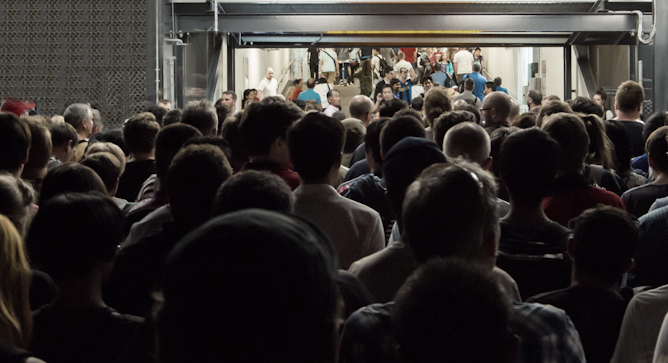
Peter Abelson, Crawford School of Public Policy, Australian National University
On many dimensions, Millennials aged 25-35 are better off than were Boomers, with housing and the environment the big exceptions.
|
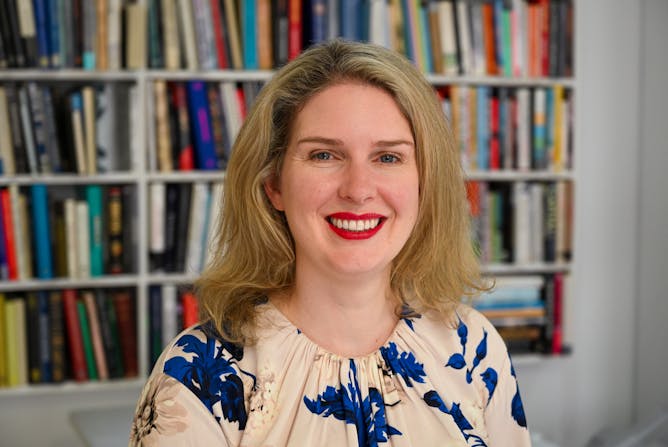
Michelle Grattan, University of Canberra
Michelle Grattan speaks with Danielle Wood, the CEO of the Grattan Institute, an independent think tank, where policy experts research and advocate for policies to improve Australians' lives.
|
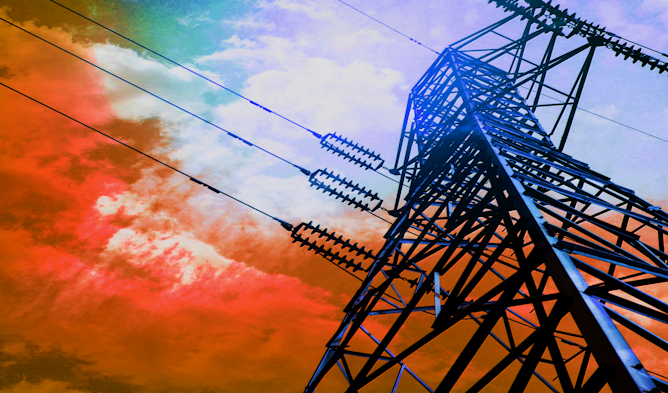
Bruce Mountain, Victoria University
What’s pushing up coal and gas prices is pushing up electricity prices, but some states have better shields than others.
|
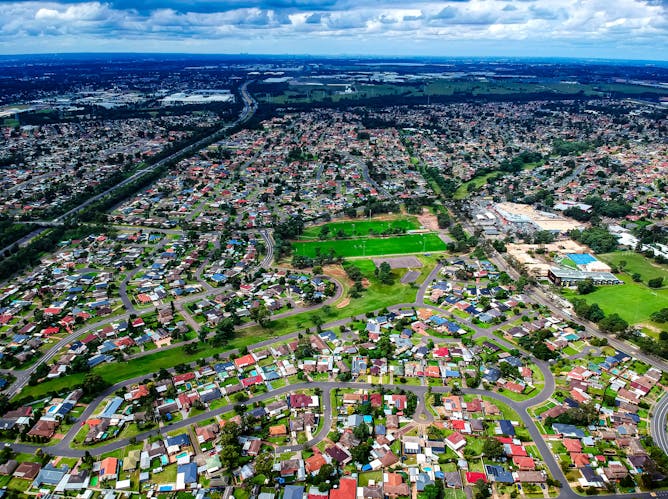
Stephen Healy, Western Sydney University; Abby Mellick Lopes, University of Technology Sydney
Western Sydney can be up to 10℃ hotter than the coast. Poorly constructed housing can’t handle the heat.
|

Johanna Reidy, University of Otago; Don Matheson, Griffith University; Rhema Vaithianathan, Auckland University of Technology
Public health remains the Cinderella of services when it comes to health budgets. But the pandemic has shown why New Zealand urgently needs a better investment approach.
|
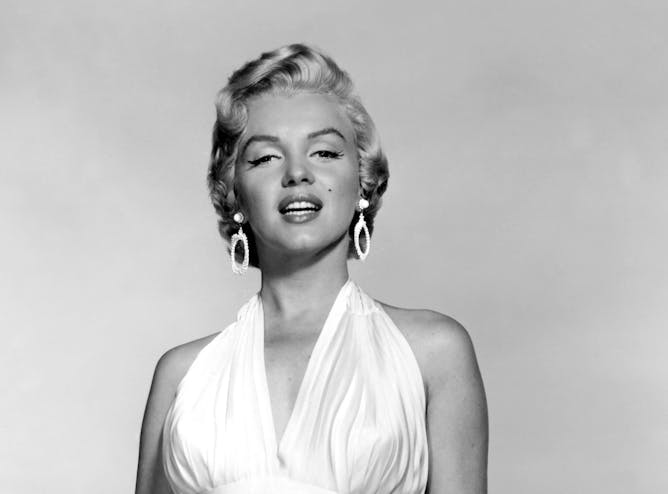
Adrian Danks, RMIT University
Living rough to prepare for a role. Abusing fellow actors to provoke an ‘authentic’ response … It’s easy to ridicule the Method but the truth of this approach to acting is far more complex.
|
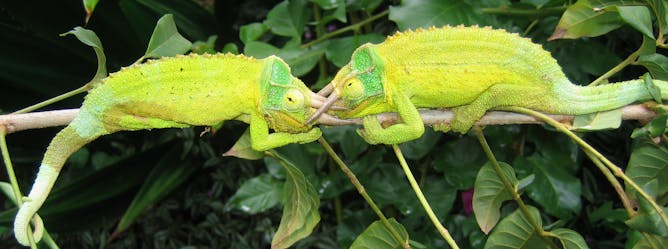
Martin Whiting, Macquarie University
Researchers wanted to understand what happens when chameleons – animals that display dynamic colour change – find themselves in an environment without their natural predators.
|
Politics + Society
|
-
Johanna Reidy, University of Otago; Don Matheson, Griffith University; Rhema Vaithianathan, Auckland University of Technology
Public health remains the Cinderella of services when it comes to health budgets. But the pandemic has shown why New Zealand urgently needs a better investment approach.
-
Greta Nabbs-Keller, The University of Queensland
The Coalition’s track record was mostly positive until the AUKUS announcement.
|
|
Health + Medicine
|
-
Petra Edwards, University of Adelaide; Susan Hazel, University of Adelaide
You wouldn’t run up and hug a stranger in the street – let’s not do it to dogs. Here’s how to keep kids safe and dogs happy during chance encounters.
-
Gery Karantzas, Deakin University
You’ve probably heard about those ‘36 questions to find love’. Where did they actually come from and do they work?
|
|
Environment + Energy
|
-
Bruce Mountain, Victoria University
What’s pushing up coal and gas prices is pushing up electricity prices, but some states have better shields than others.
-
Mohan Yellishetty, Monash University
Critical minerals like cobalt, lithium and rare earth elements abound in Australia. But we’re not making the most of these in-demand resources.
|
|
Arts + Culture
|
-
William Peterson, Auckland University of Technology
Caleb Lewis’ play, named for a popular but treacherous diving cave, is a sumptuous look at the beauty – and danger – of diving.
|
|
Books + Ideas
|
-
Jessica Wilkinson, RMIT University
In his latest collection, Revenants, an award-winning poet roams across personal, historical, geographical and cultural terrain.
|
|
Business + Economy
|
-
Dougal Sutherland, Te Herenga Waka — Victoria University of Wellington
How do businesses get employees back into the office when they want to work from home? Research shows the solution could be a blend between the office and home.
|
|
| |
Featured jobs
|
|
|
| |
| |
| |
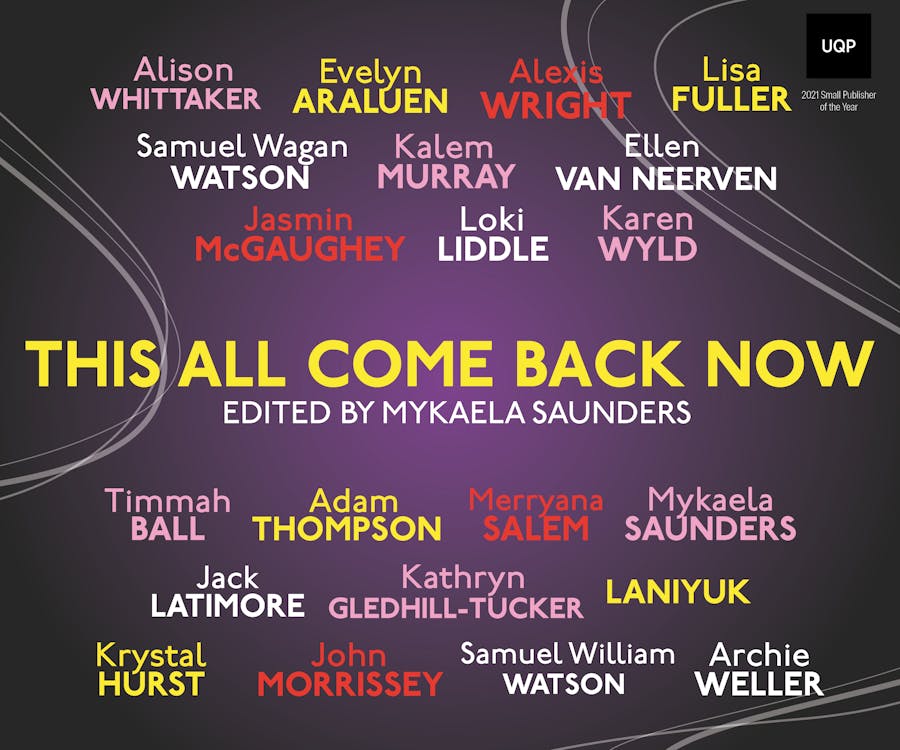
|
| |
| |
| |
Featured Events, Courses & Podcasts
|

|
— Victoria, Australia — The Conversation Weekly Podcast
|

|
— Victoria, Australia — The Conversation
|
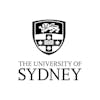
|
— Abercrombie Building, cnr Abercrombie and Codrington Sts, Darlington, New South Wales, 2006, Australia — University of Sydney
|

|
— The University of Sydney, Camperdown, New South Wales, 2006, Australia — University of Sydney
|
|
|
|
| |
| |
| |
| |
| |
|
|